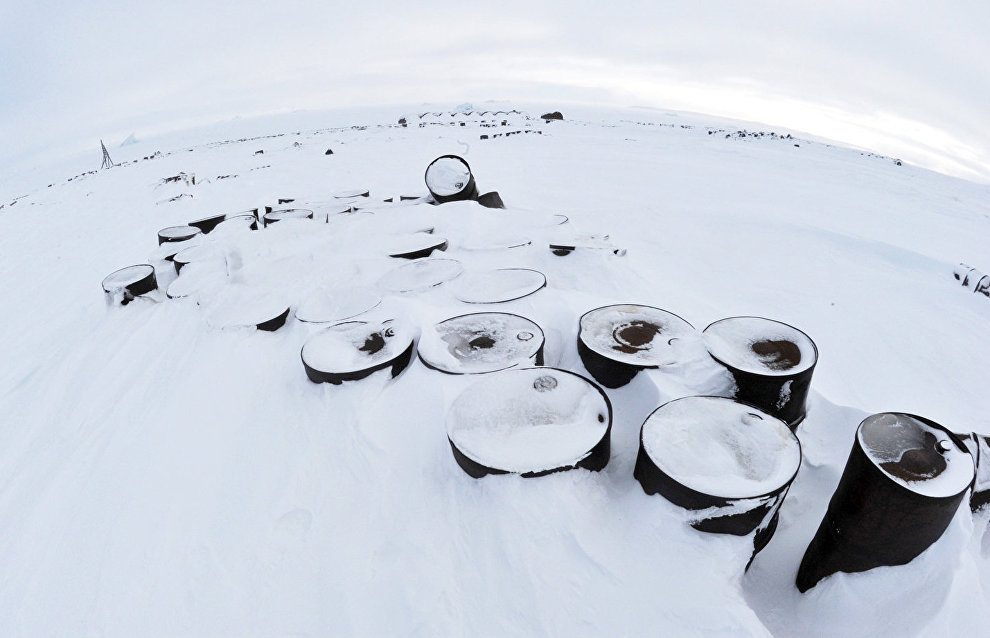Prosecutor General's Office may set up environmental prosecutor's office in the Arctic
The Prosecutor General's Office is working on a plan to set up a specialized environmental prosecutor's office in the Arctic, RIA Novosti reports quoting Russian Prosecutor General Yury Chaika's report on the rule of law in 2016.
"The Prosecutor General's Office of the Russian Federation is now considering the possibility of setting up a specialized prosecutor's office to oversee compliance with environmental legislation in the Arctic," the report says.
The main problem in the Arctic, according to the Prosecutor General, is the accumulated environmental damage, including industrial and municipal waste and oil and oil products contamination. According to the EMERCOM of Russia, a critical level of environmental pollution has been recorded in 15 percent of Russia's Arctic zone. The prosecutor office's investigation revealed that the regional and local authorities, and economic entities fail to comply with the rules for collecting, processing and neutralizing emissions and wastes in the Arctic, the report states.
"The Arctic nature conservation problem requires other practical and legal measures by the federal and regional authorities. For example, it is necessary to introduce modern low-waste technologies for the use and disposal of various types of waste channeling it into secondary production, to prohibit the storage of garbage on the sites that have special importance for the local indigenous population, to make an inventory and clean-up of the contaminated territories around abandoned facilities (abandoned bases, drilling sites, sludge piles)," the report says.
According to the Prosecutor General, regional supervision should be strengthened over production and consumption waste management. The Prosecutor General's Office has reported to the President on how the laws on environmental protection and nature management in the Arctic were observed in 2016.
